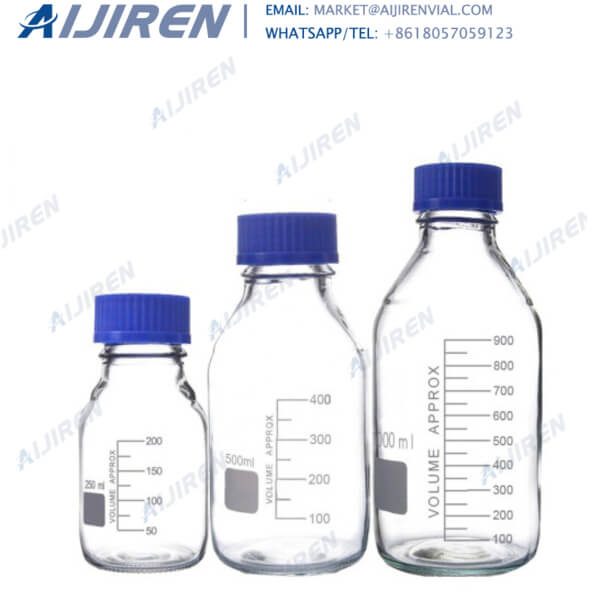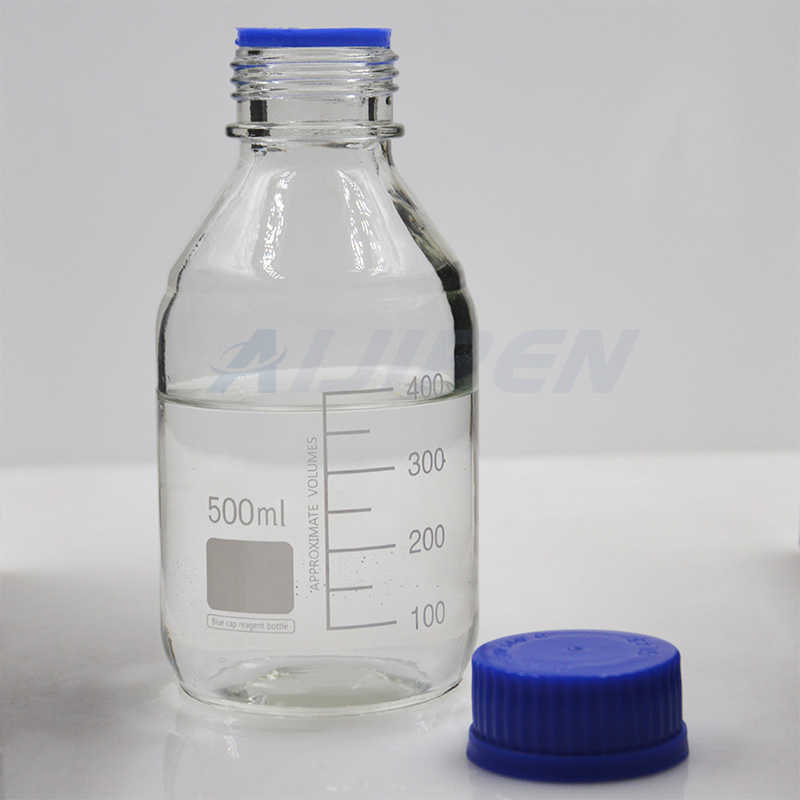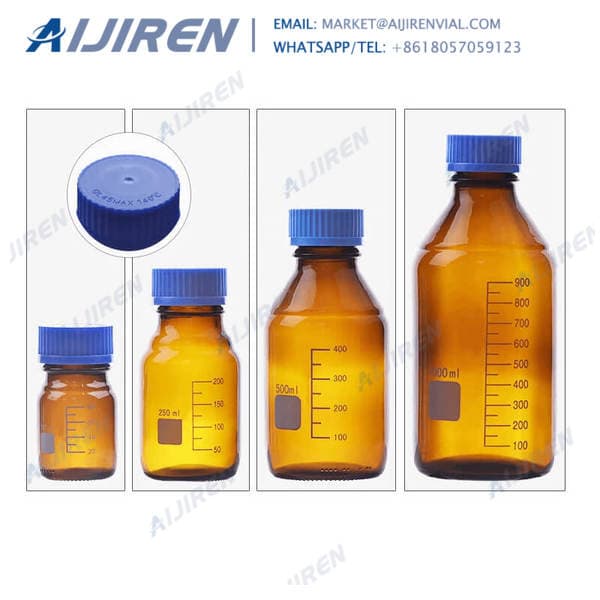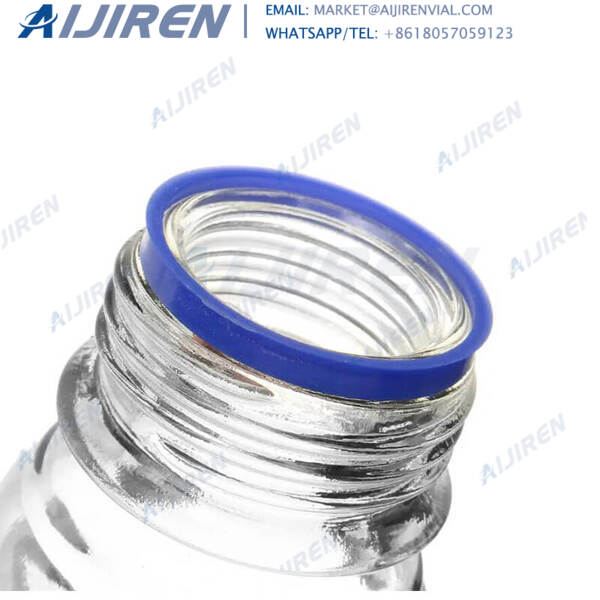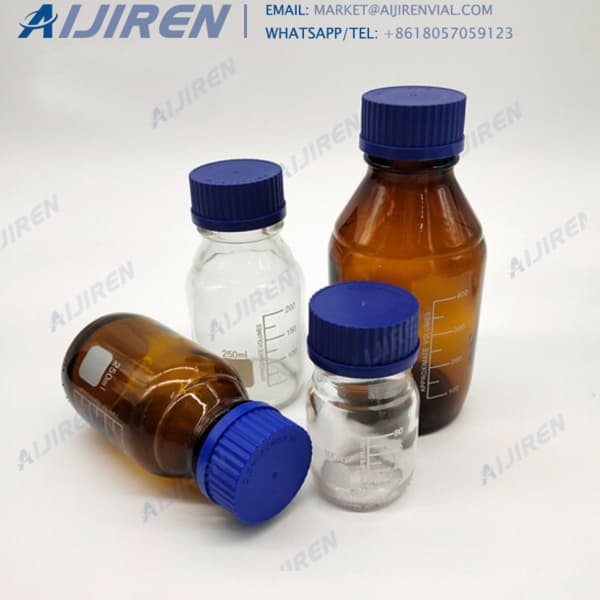Exploring the Role of Septum in Sample Containment and Evaporation Prevention
-
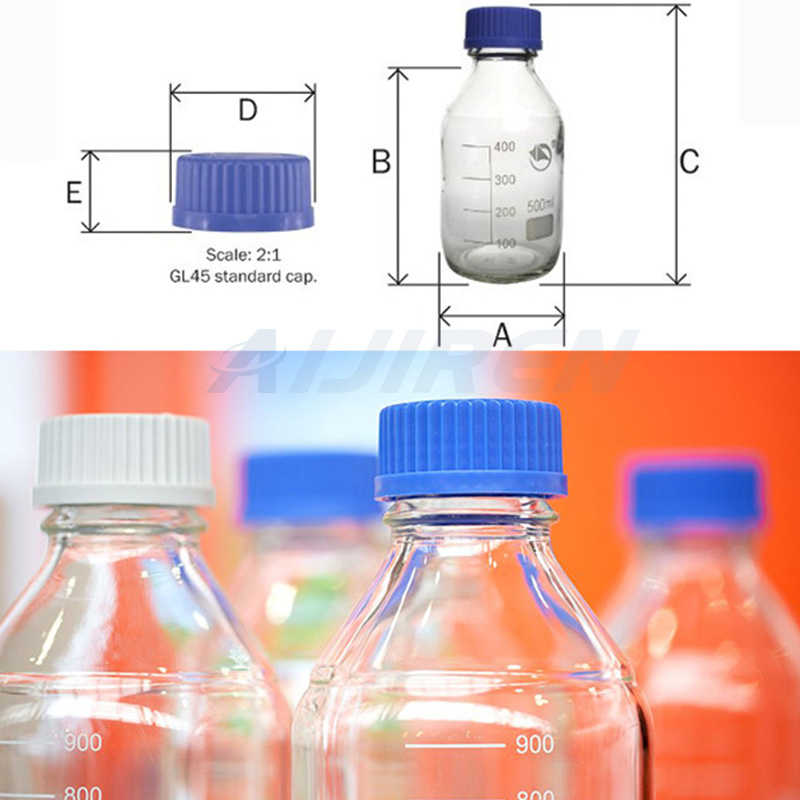
Don't Let a Vile Vial Ruin Your Analysis - LinkedIn
Nov 5, 2018 · A: There are 3 different types of vial closure - crimp, screw and snap caps. Crimp caps are made of aluminium, and the septum is squeezed between the rim of the glass and the cap upon crimping
Get Price -
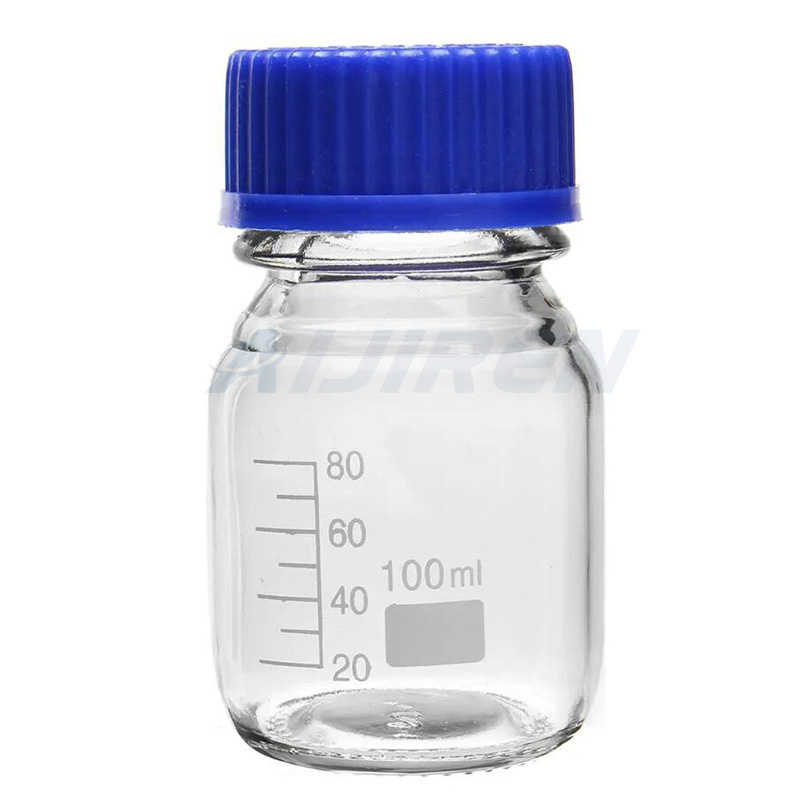
Protect Tanks from Overpressure and Vacuum | AIChE
API Standard 2000 defines the venting requirements for atmospheric and low-pressure storage tanks for both overpressure and vacuum. The standard covers causes of overpressure and vacuum, including additional scenarios to be considered for refrigerated tanks ( Table 2) (2). Note that the causes of vacuum are often the inverse of analogous causes
Get Price -
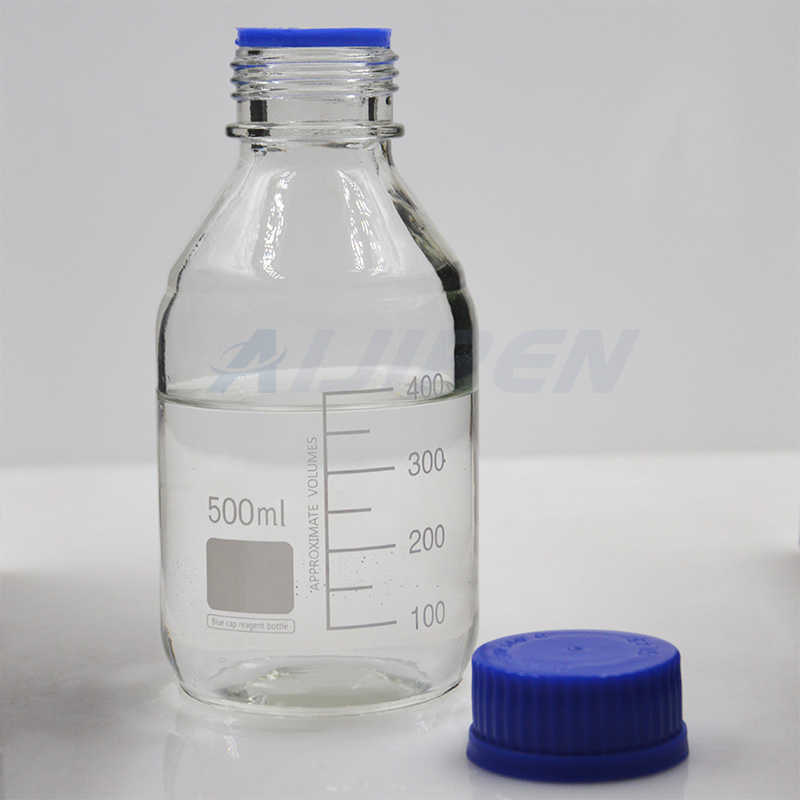
GC Inlets An Introduction - Aijiren
Certainly, the developments of GC sample introduction have kept pace with the developments in capillary columns, detectors, and automation. Every hurdle that is surmounted in sample introduction points to weaknesses in column and detector technology; these are improved and point to further weaknesses in sample introduction, and so on.
Get Price -
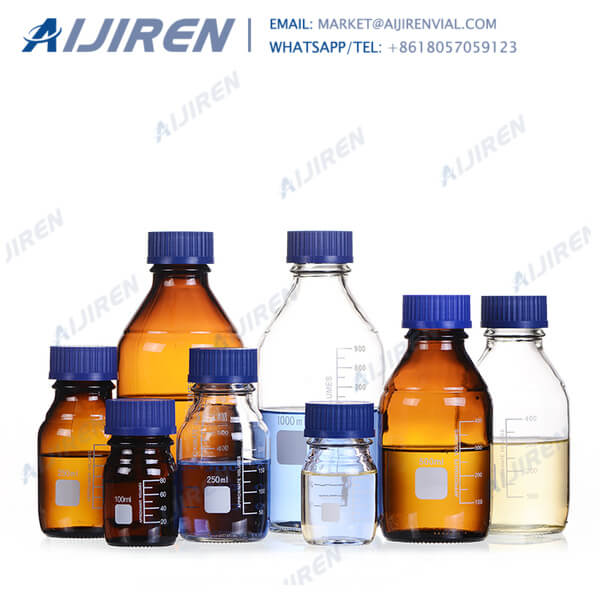
2 mL Snap Top Vials & 11 mm Snap Caps | Aijiren
Uniform flat bottom ensures compatibility with various vial inserts. Optional ceramic write-on spot on the barrel of the snap top vial. Marked with 0.5, 1.0, and 1.5 mL graduation to help show amount of sample. Compatible with any 12 mm snap caps as well as 11 mm crimp caps. Unique packaging designed to reduce vial breakage.
Get Price -
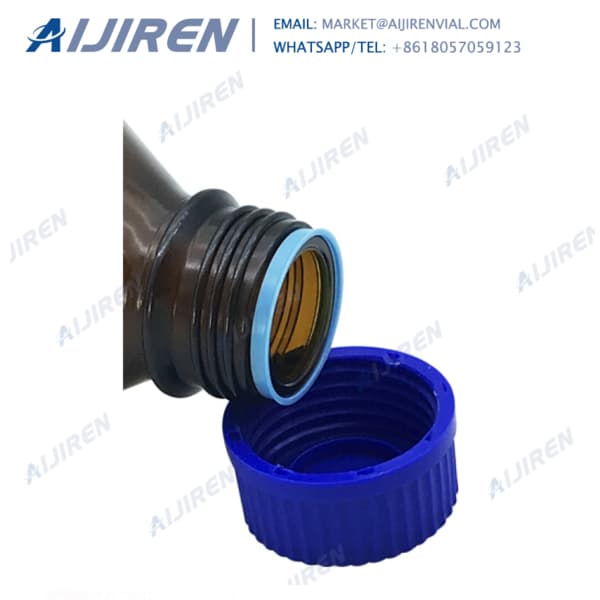
Preventing Aerosol Production – Laboratory Safety
Biosafety. Preventing Aerosol Production. Aerosols are liquid and solid particles suspended in the air. An aerosol with a diameter of 5 microns or less can remain airborne for a long period of time, spread wide distances, and is easily inhaled. Particles with a diameter larger than 5 microns tend to settle rapidly and can contaminate skin
Get Price -
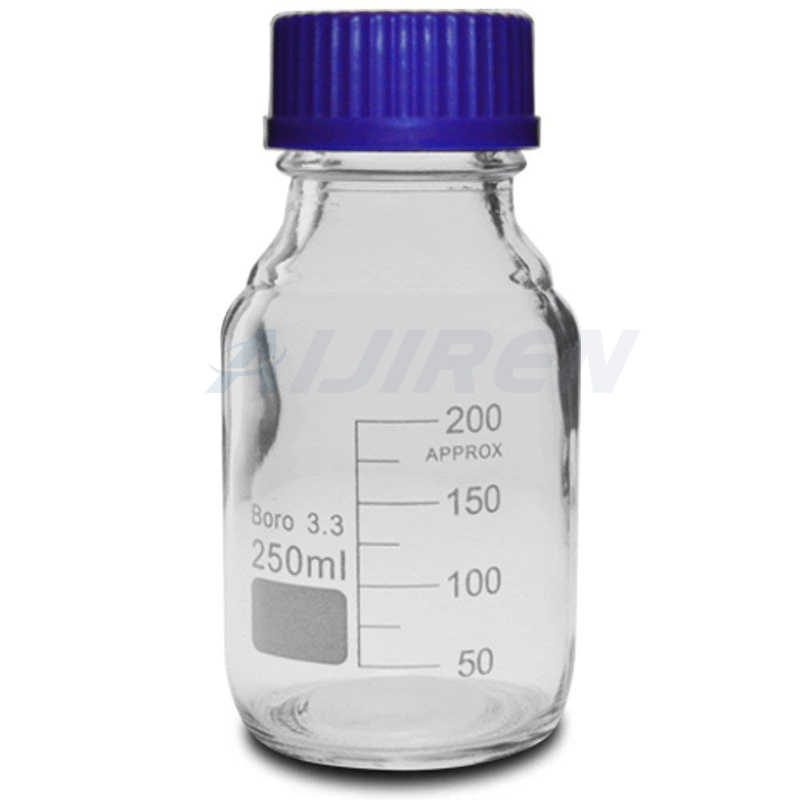
Septa Selection Tool | Thermo Fisher Scientific - US
The septum you choose for your autosampler vial can impact sample evaporation, sample security, needle bending and blockages, and instrument down time. Don’t let the complexities of septa selection slow you down.
Get Price -
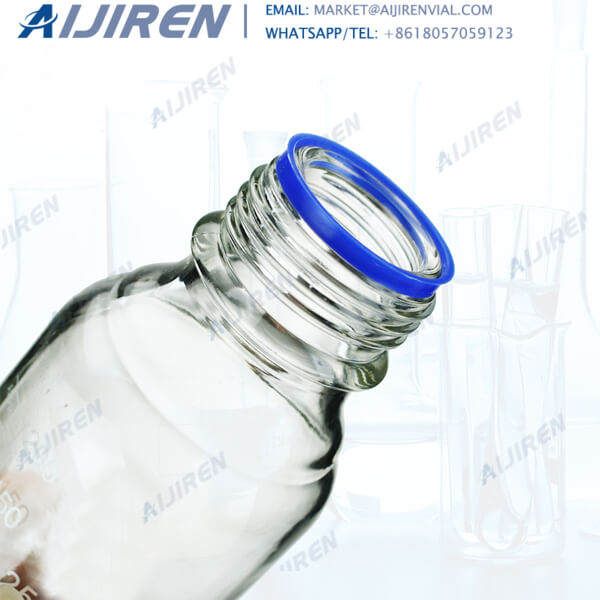
Federal Government Cybersecurity Incident and Vulnerability
This document provides guidance and templates for federal agencies to develop and implement cybersecurity incident and vulnerability response playbooks. It covers the roles and responsibilities, processes, and best practices for responding to various types of cyber threats. The document also includes references to other CISA resources and services that can assist federal agencies in enhancing
Get Price -
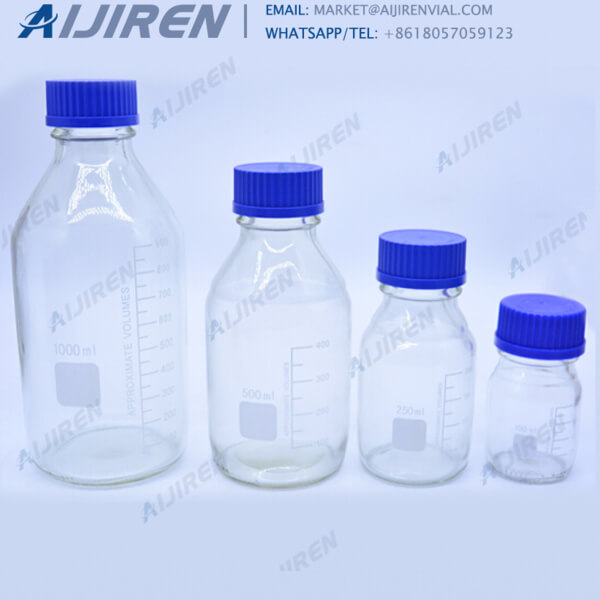
Headspace Vials & Headspace Caps - Aijiren
Aijiren headspace vials come in two basic sizes (10 mL headspace vials and 20 mL headspace vials). Both flat bottom and round bottom styles are available for use in a wide variety of headspace instrument platforms. Aijiren's headspace vial caps are engineered to prevent sample contamination while providing consistent, secure seals.
Get Price -

Septa Selection Guide - Thermo Fisher Scientific
Instrument—instruments use diferent injector needles and for some instruments, having pre-slit septa, or choosing a material with a lower shore (hardness) value will help reduce the chances of needle issues. Compounds of interest—if your compounds are volatile then choosing septa that will provide a tight seal is key to prevent compound loss
Get Price -
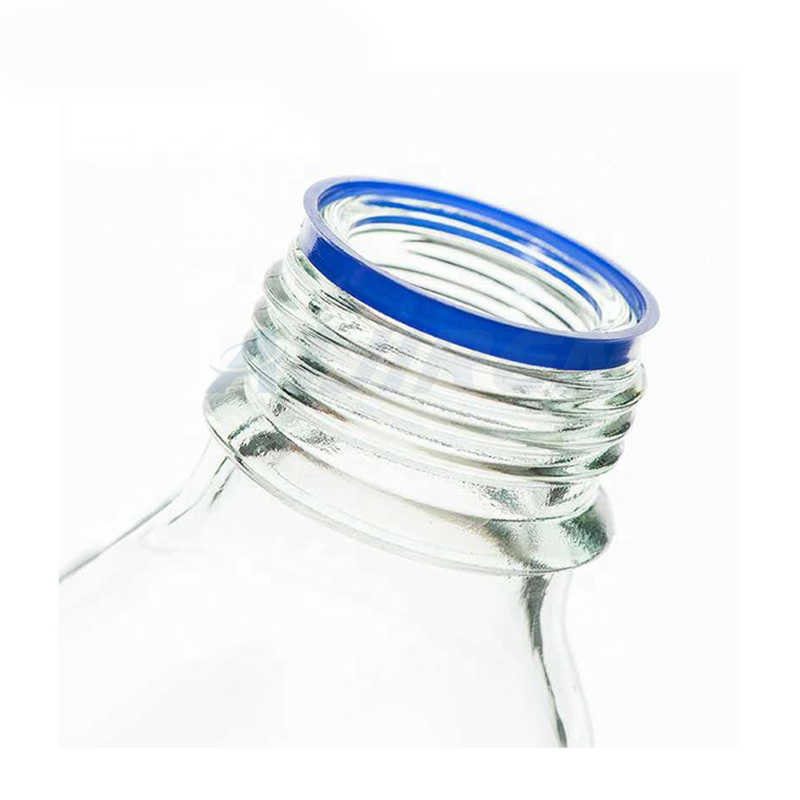
Evaporation from 2-mL Vials on the Aijiren 7696A Sample Prep
Evaporation from 2-mL Vials on the Aijiren 7696A Sample Prep WorkBench: Septa Unpierced, Septa Pierced with a Syringe Needle, Septa with an Open Hole Introduction In the course of sample analysis by gas chromatography, the vial septum may be pierced multiple times before each injection, often with multiple injections.
Get Price -
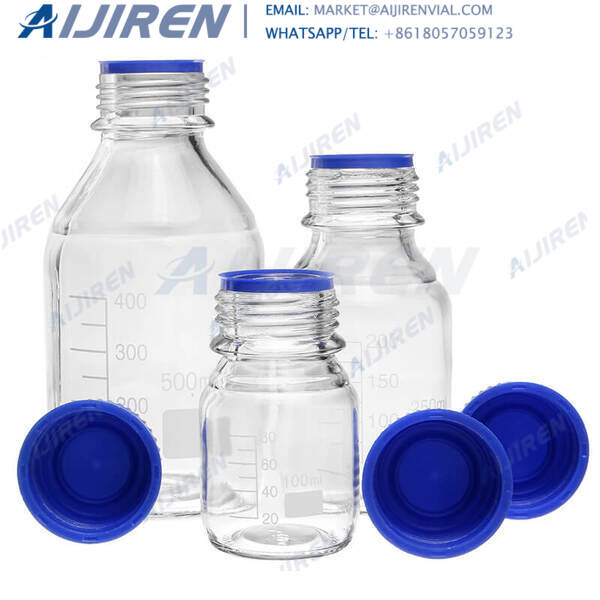
An Aijiren Vial is Not Just a Vial
Figure 1 illustrates a complete sample containment solution of the vial, cap, and septum, and their relationship to each other. A needle is shown piercing the cap septum and, as shown in the fi gure, the septum should be the only component that comes into contact with the needle. Autosampler needle Septum Cap Vial Sample location F igure 1.
Get Price -
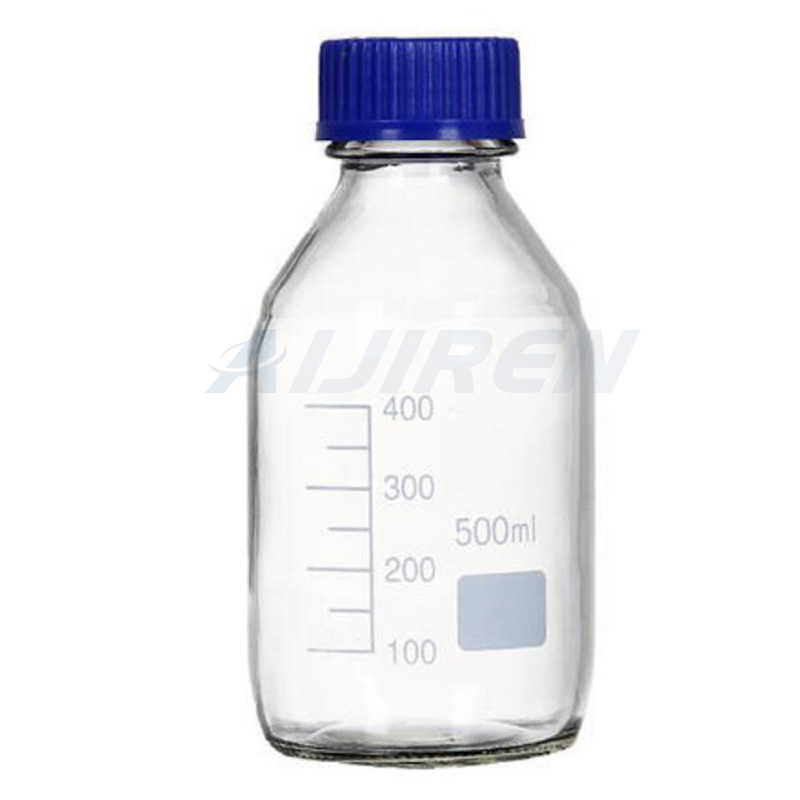
CHAPTER 21: EVAPORATION – PRINCIPLES, TYPES OF EVAPORATORS
evaporation, and therefore no concentration increase, takes place on the heat transfer surface. Evaporation occurs as the liquid is flash evaporated in the separator/flash vessel. In crystallizer applications this is then where the crystals form, and special separator designs are used to separate crystals from the recirculated crystal slurry.
Get Price -
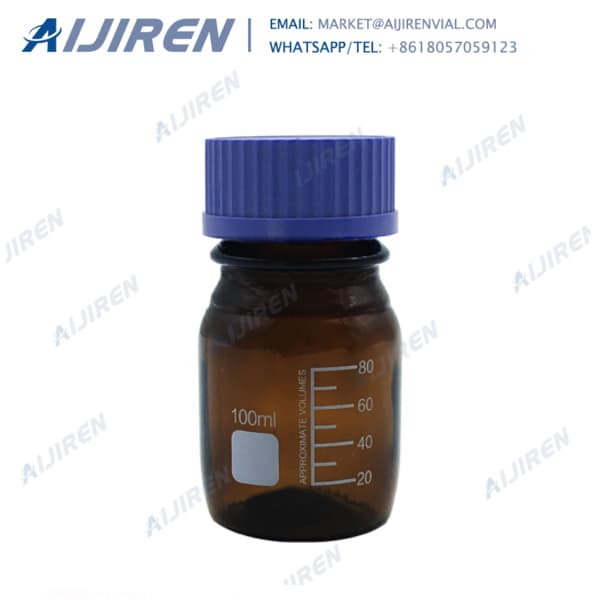
Snap! Build Your Own Blocks
data:image/png;base64,iVBORw0KGgoAAAANSUhEUgAAAKAAAAB4CAYAAAB1ovlvAAAAAXNSR0IArs4c6QAAAnpJREFUeF7t17Fpw1AARdFv7WJN4EVcawrPJZeeR3u4kiGQkCYJaXxBHLUSPHT/AaHTvu
Get Price -
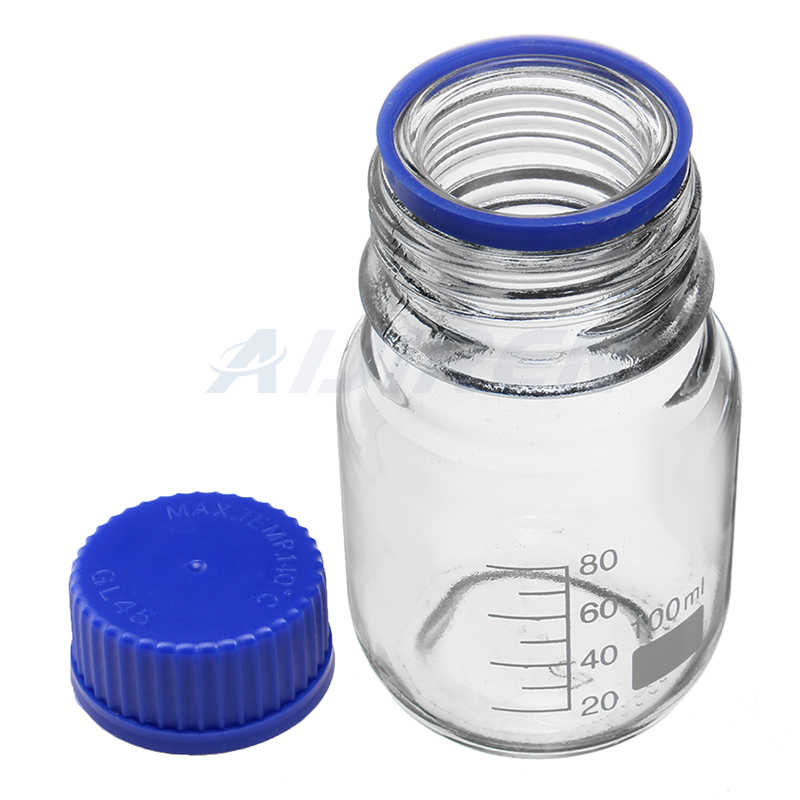
Vial Cap Septum Resealibility after Puncture by LC Sample
An important property of a vial cap is the ability to maintain the vial analyte concentration after multiple injections over time. This ability is influenced by different factors such as the volatility of the analyte/diluent, the number of injections, the elapsed time and the injector/cap septum used.
Get Price -
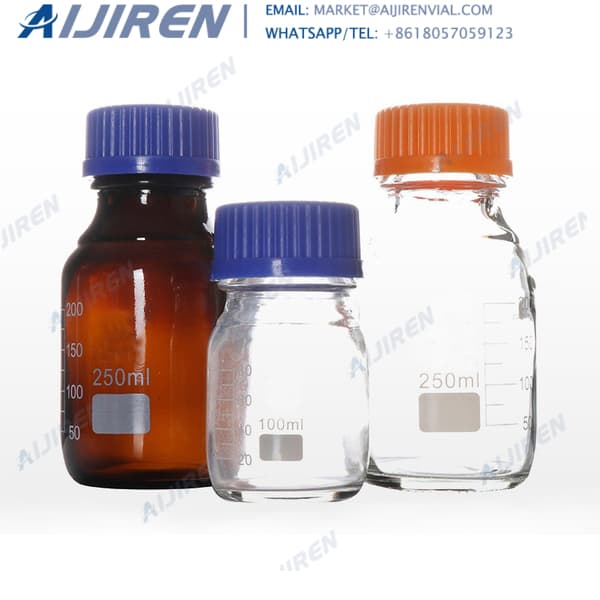
1910.1450 App A - National Research Council Recommendations
Appendix A to § 1910.1450 - National Research Council Recommendations Concerning Chemical Hygiene In Laboratories (Non-Mandatory) To assist employers in developing an appropriate laboratory Chemical Hygiene Plan (CHP), the following non-mandatory recommendations were based on the National Research Council's (NRC) 2011 edition of "Prudent Practices in the Laboratory: Handling and Management of
Get Price

